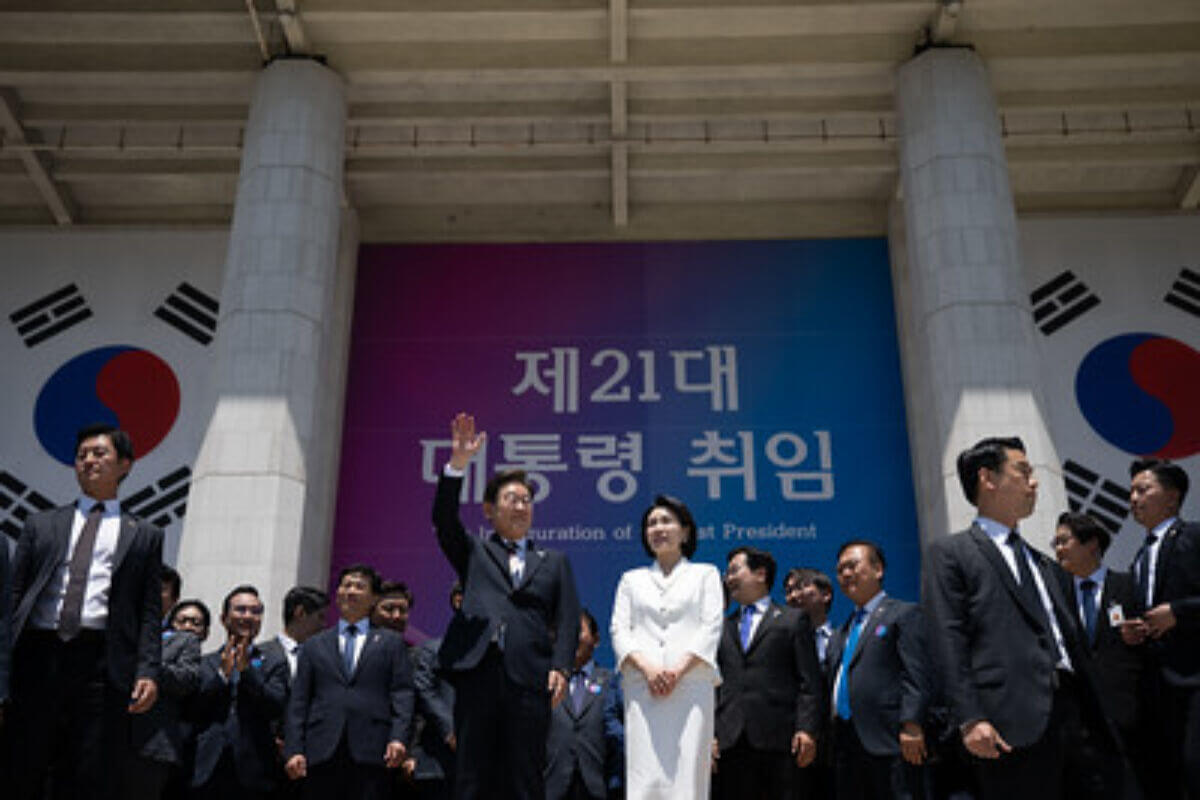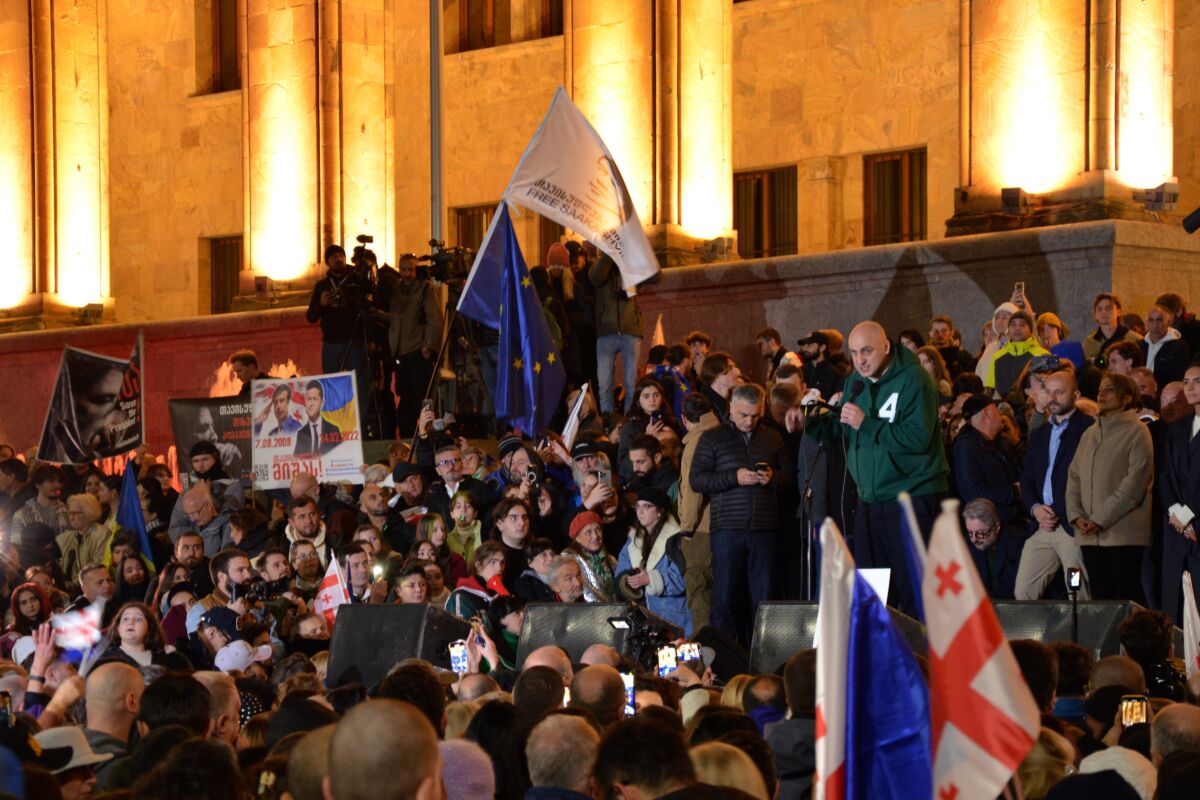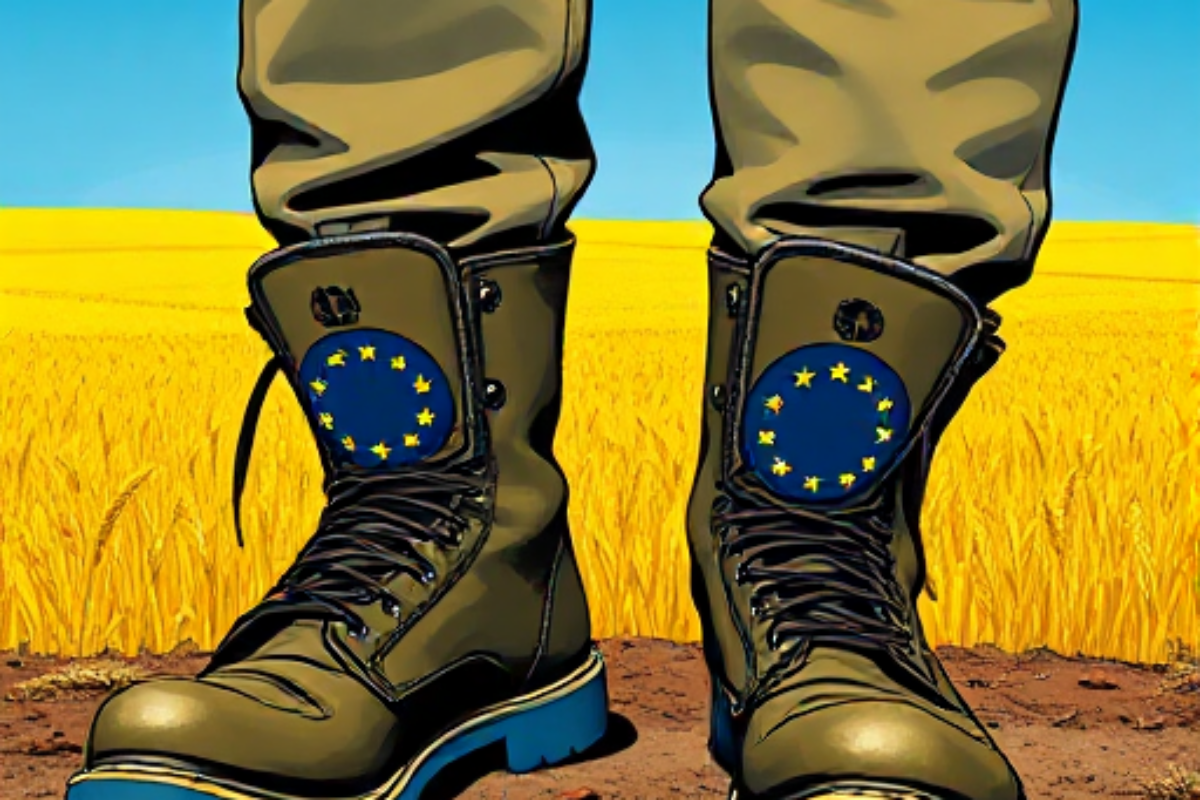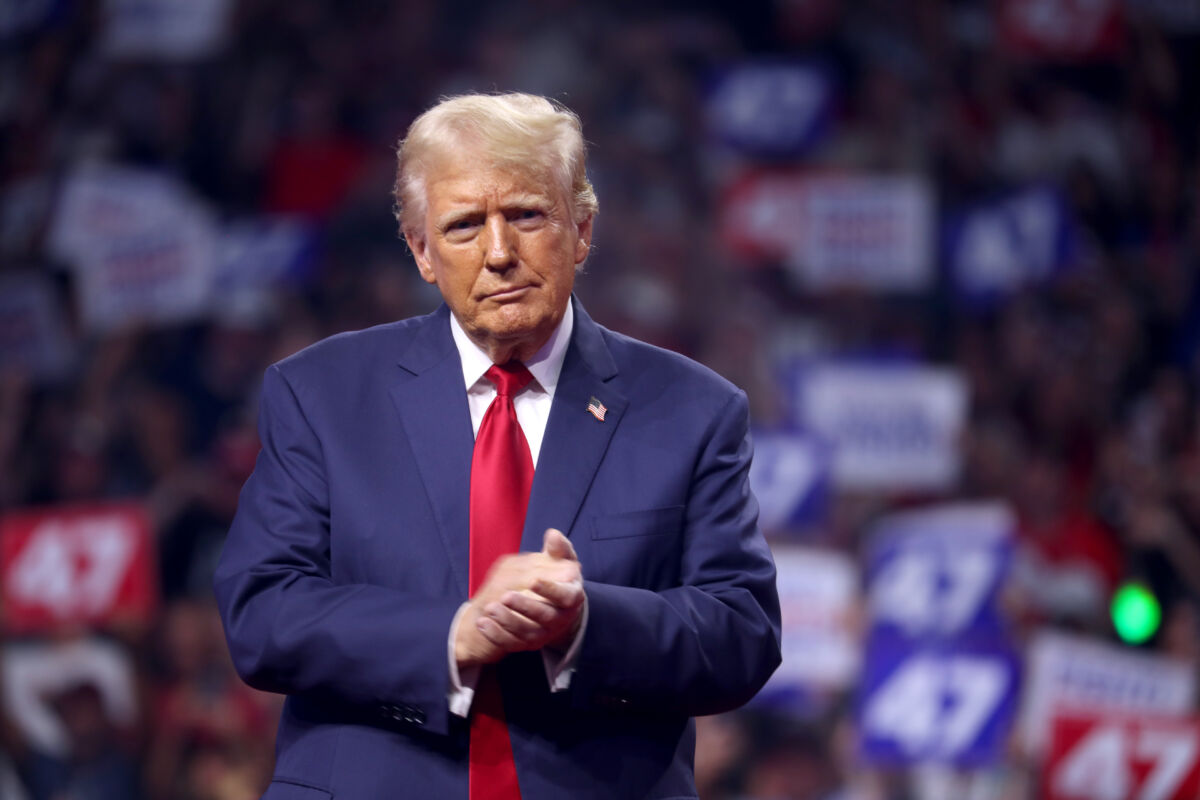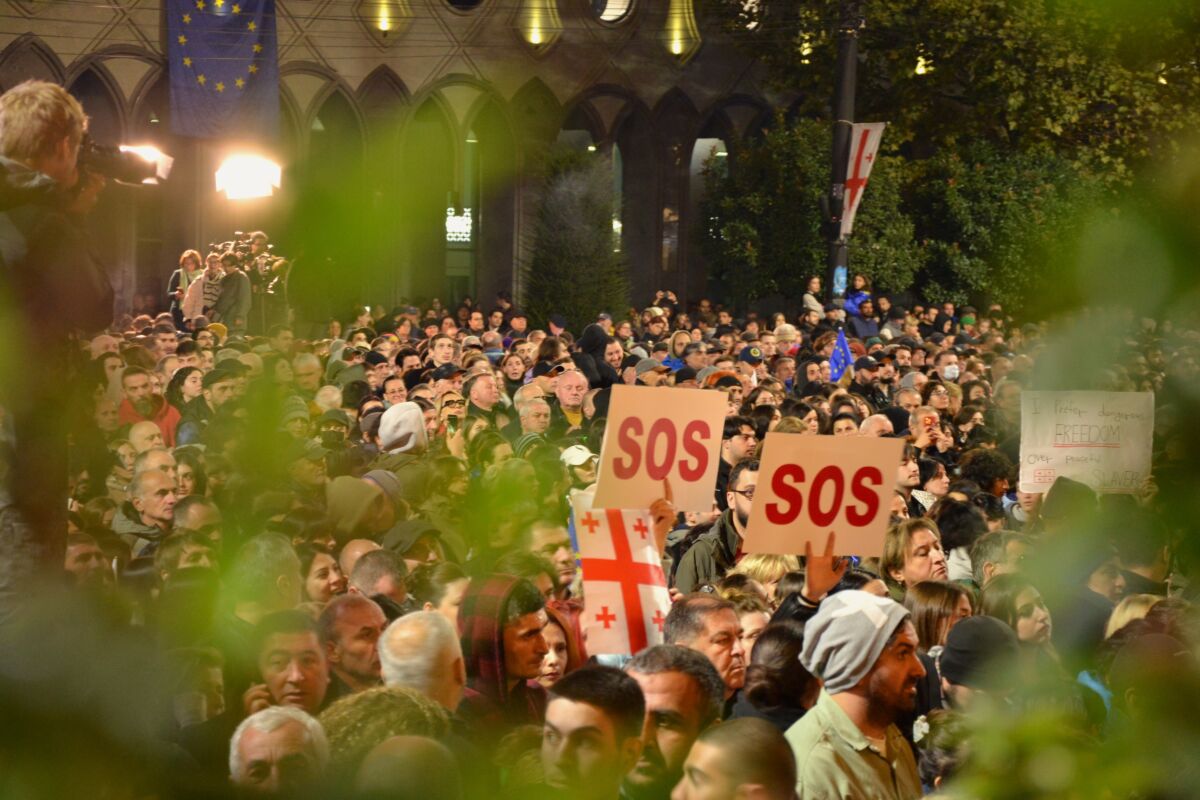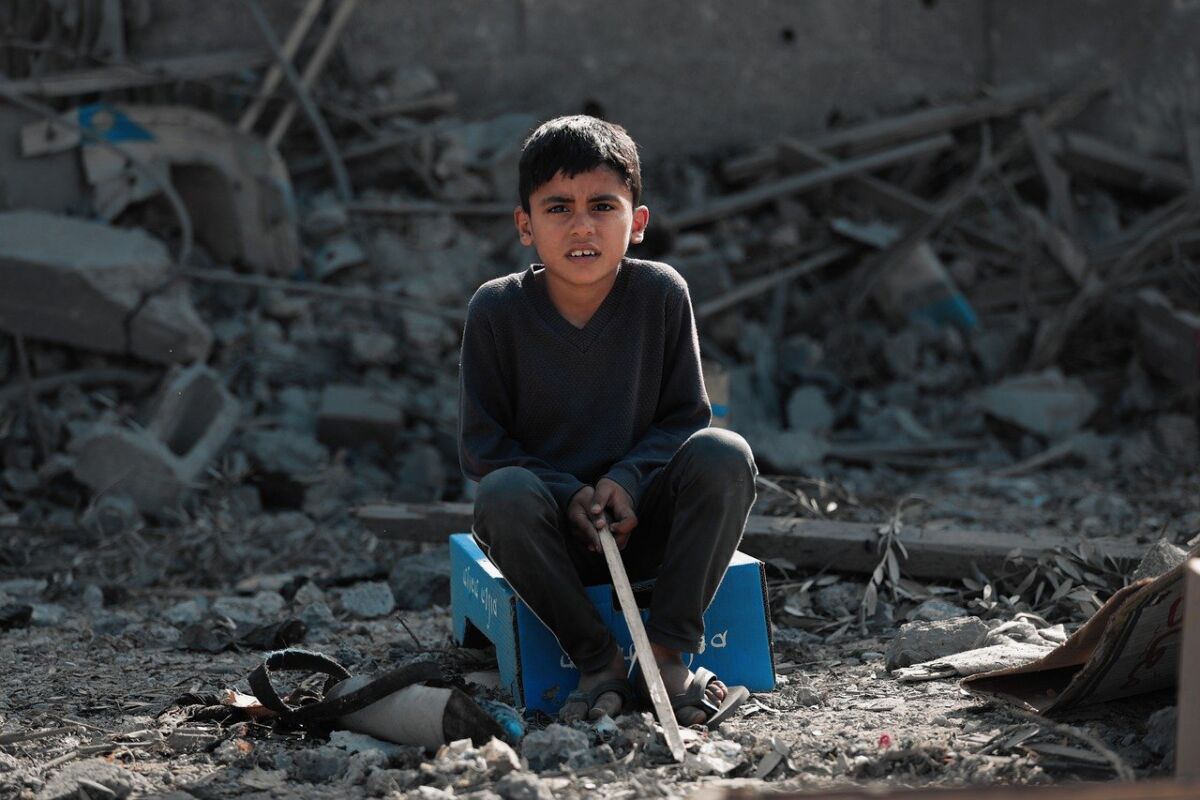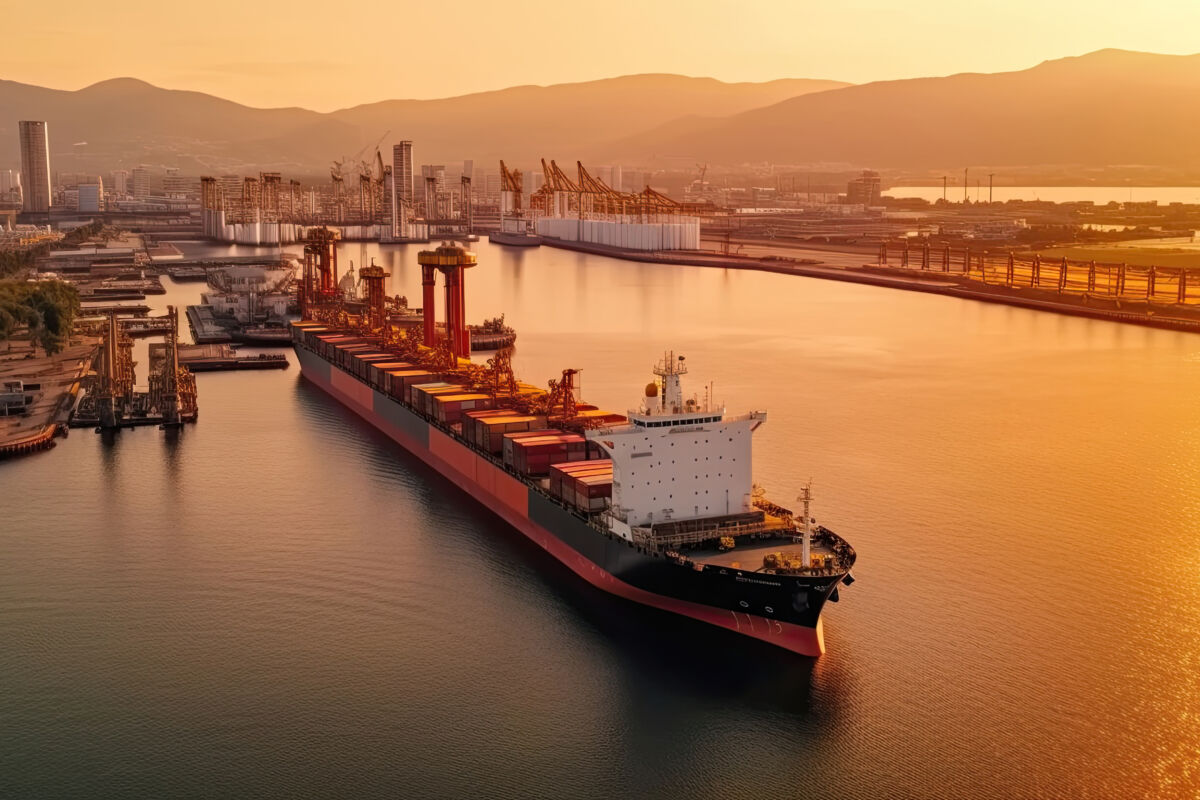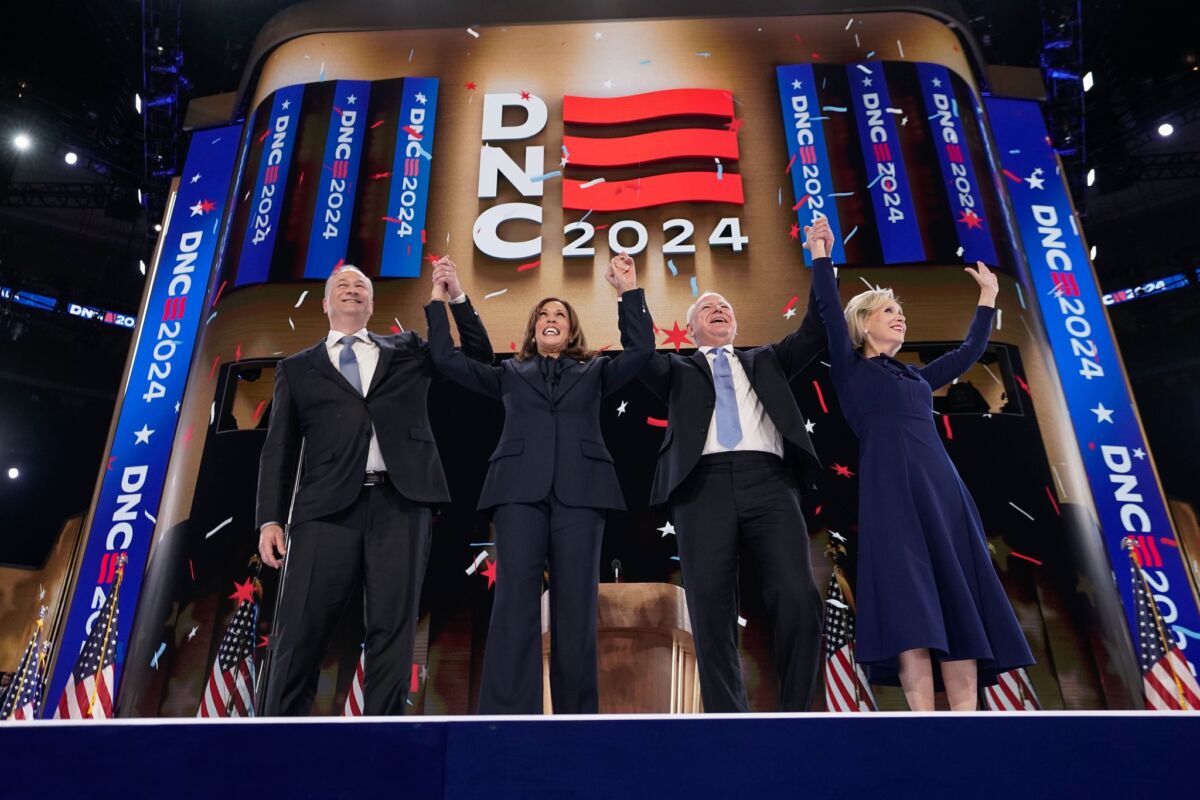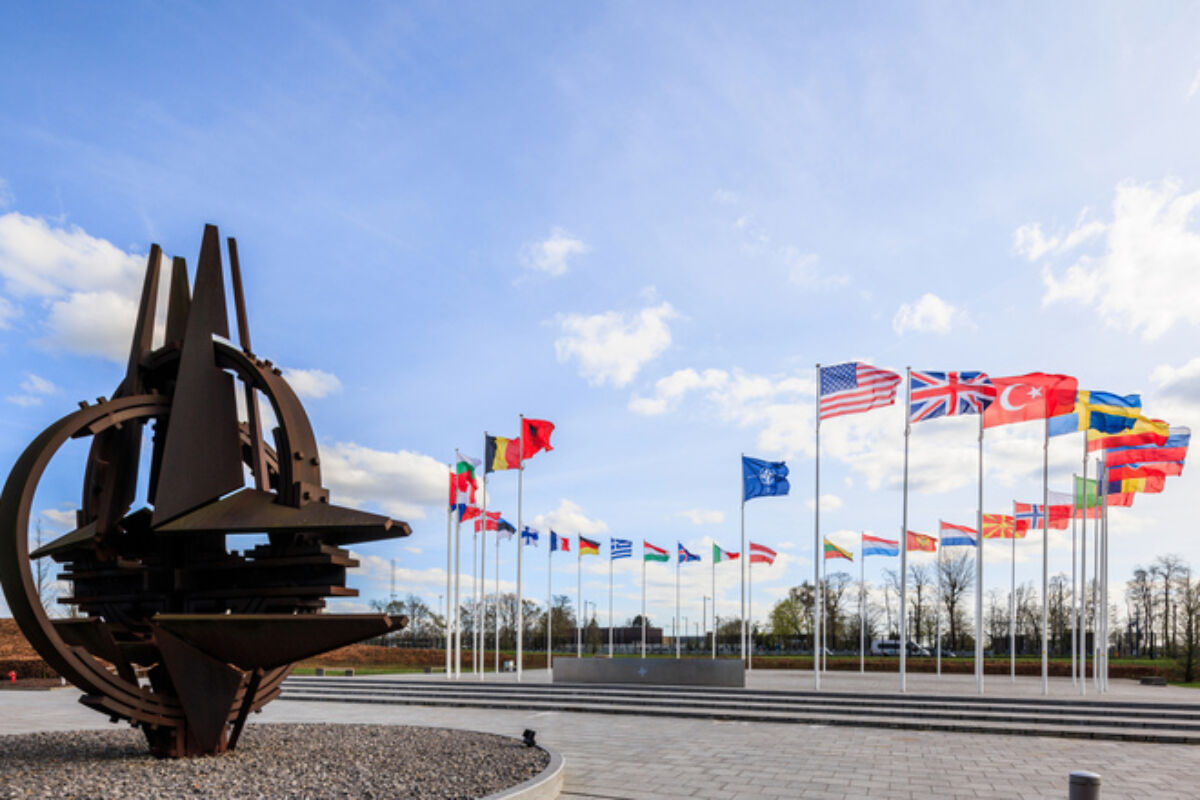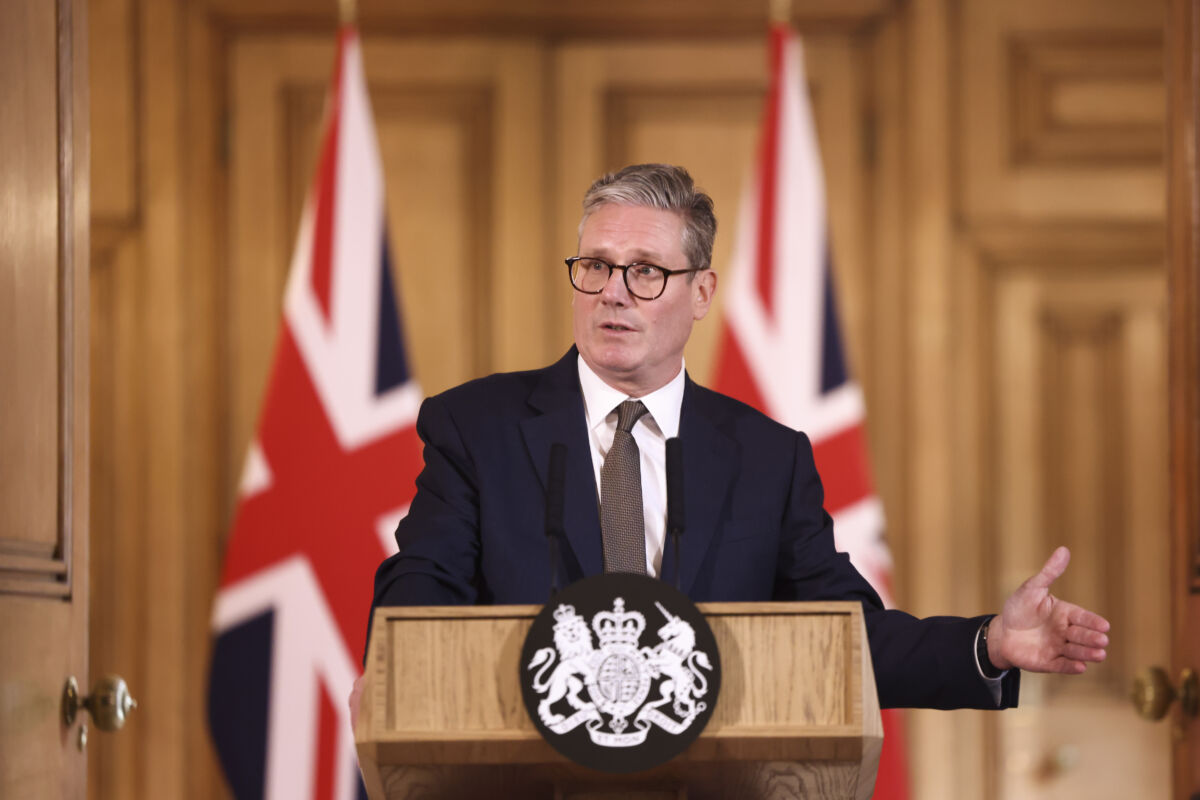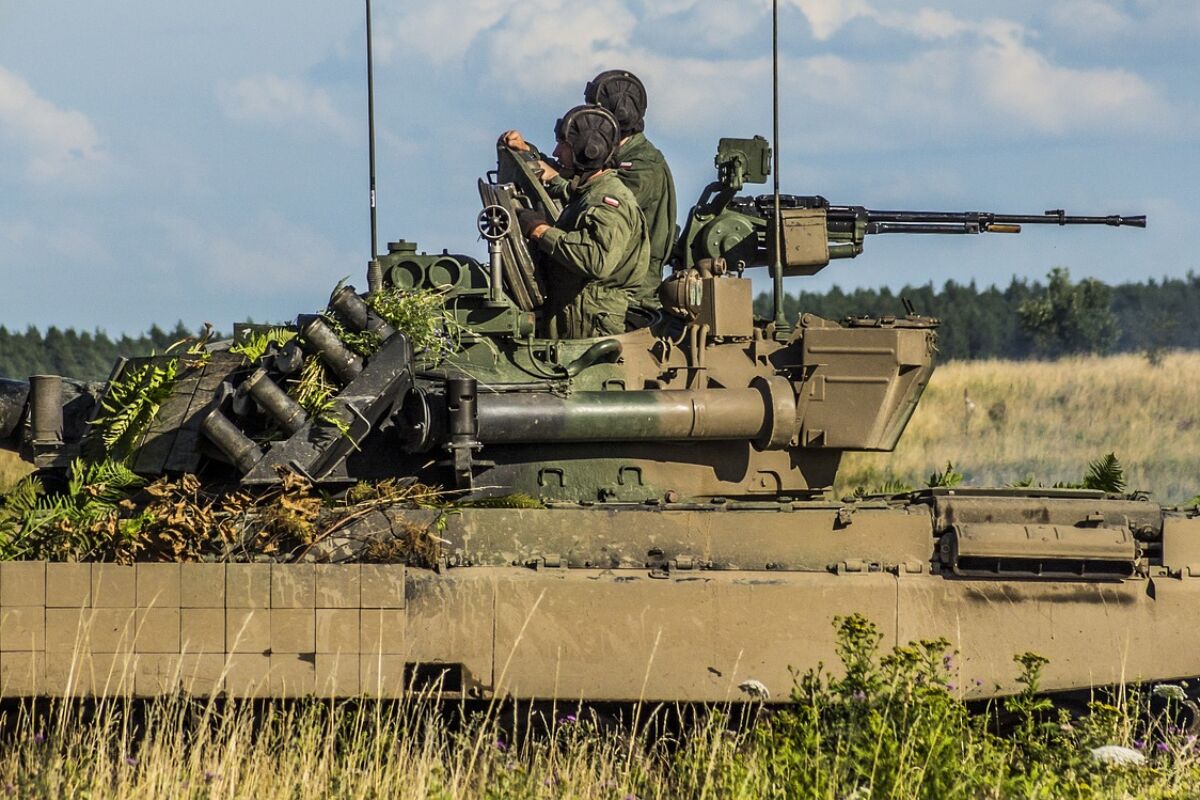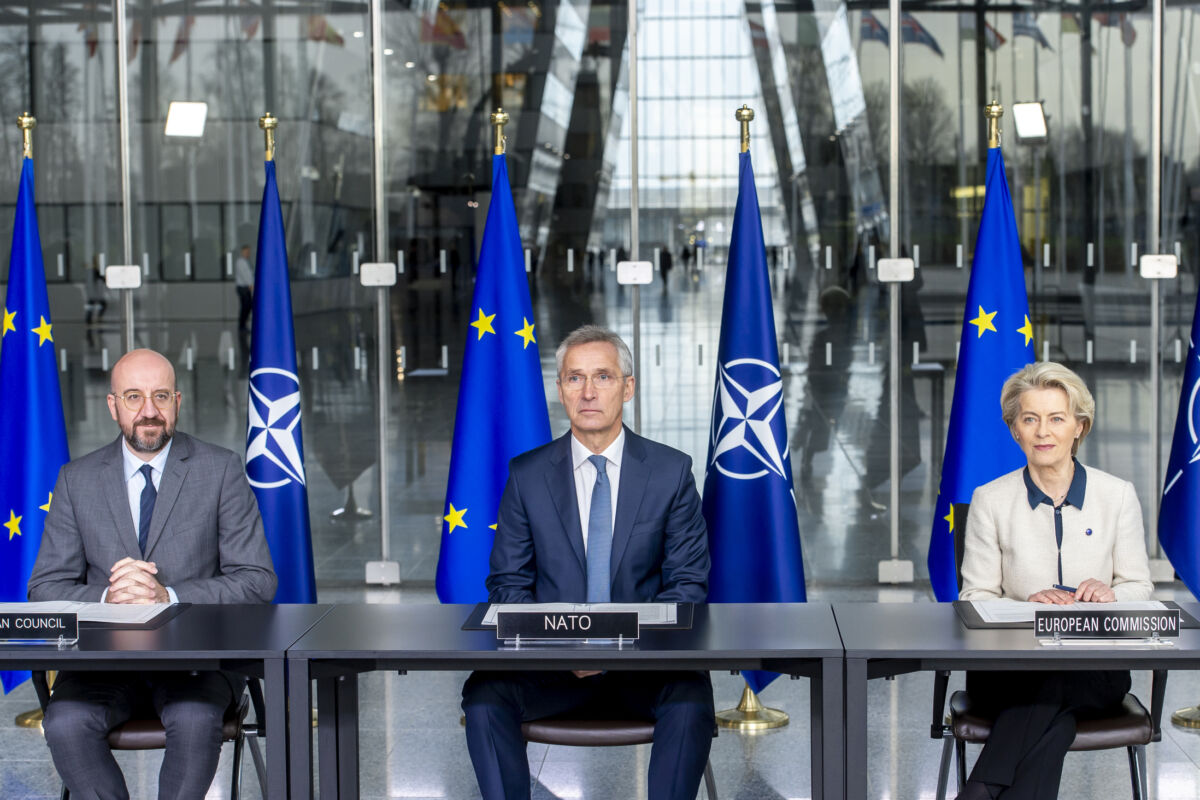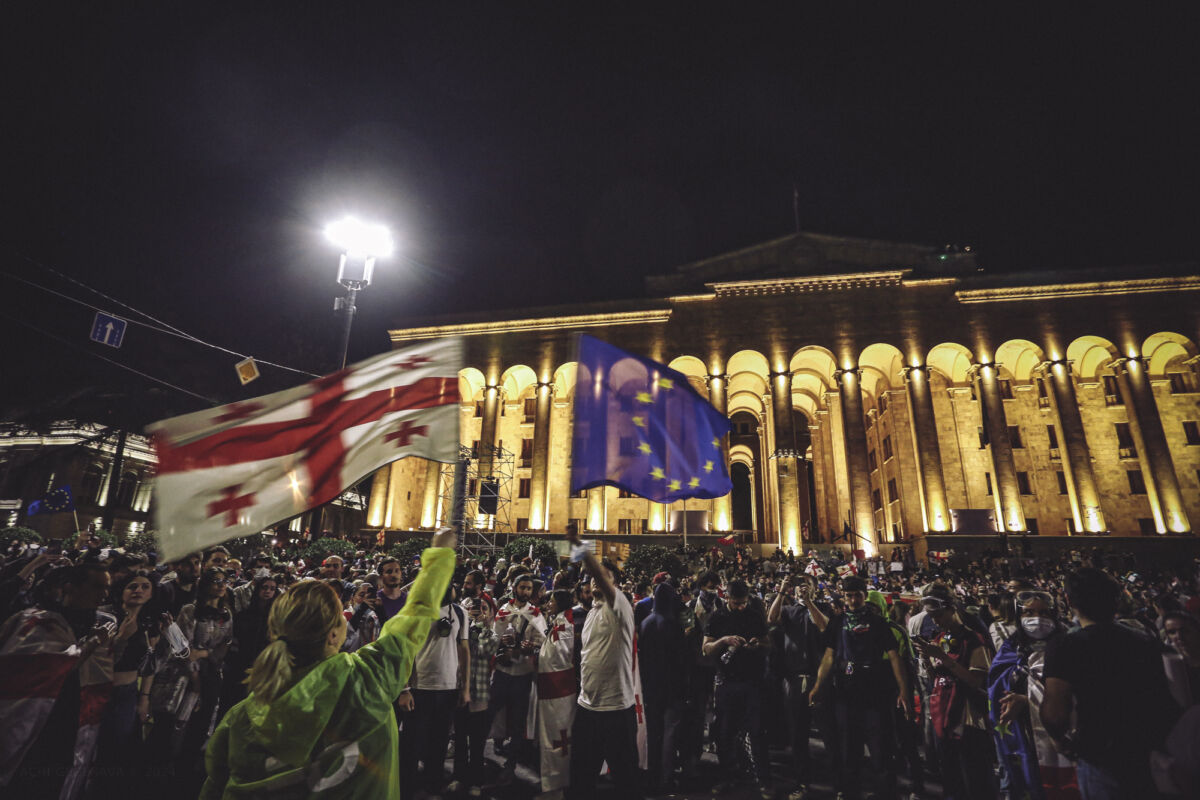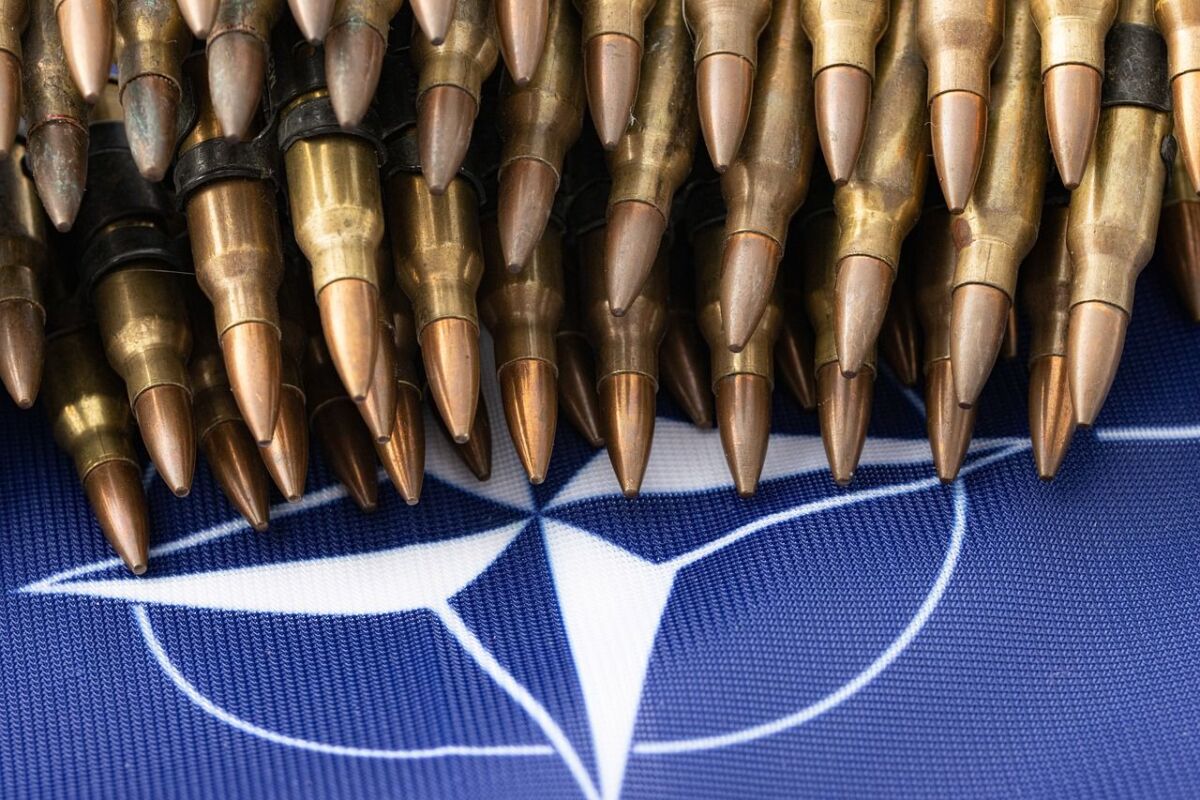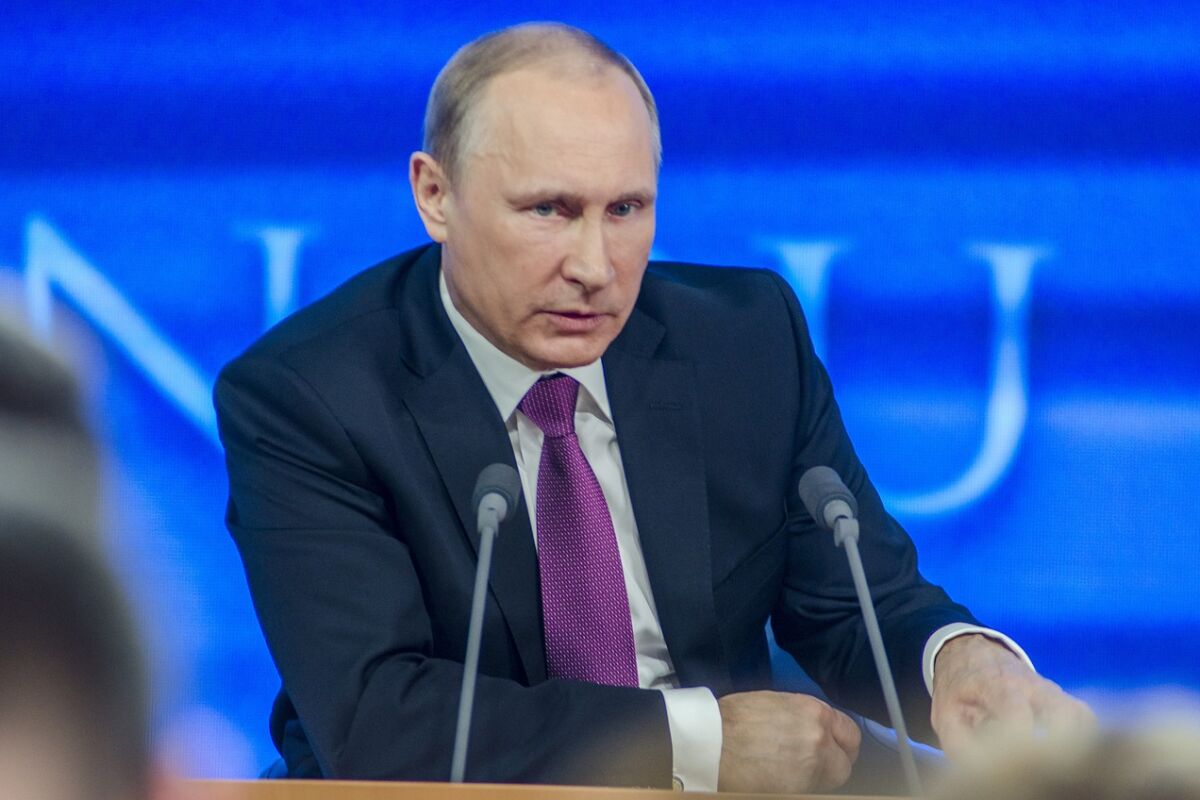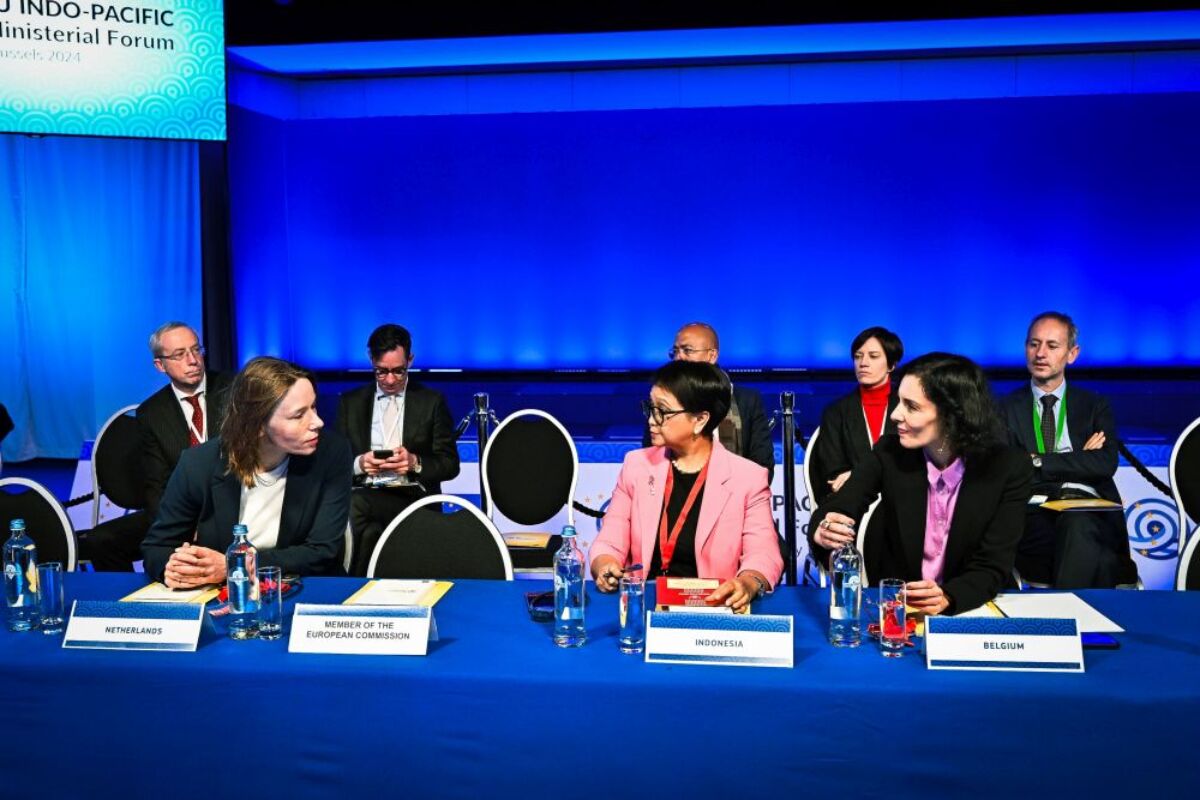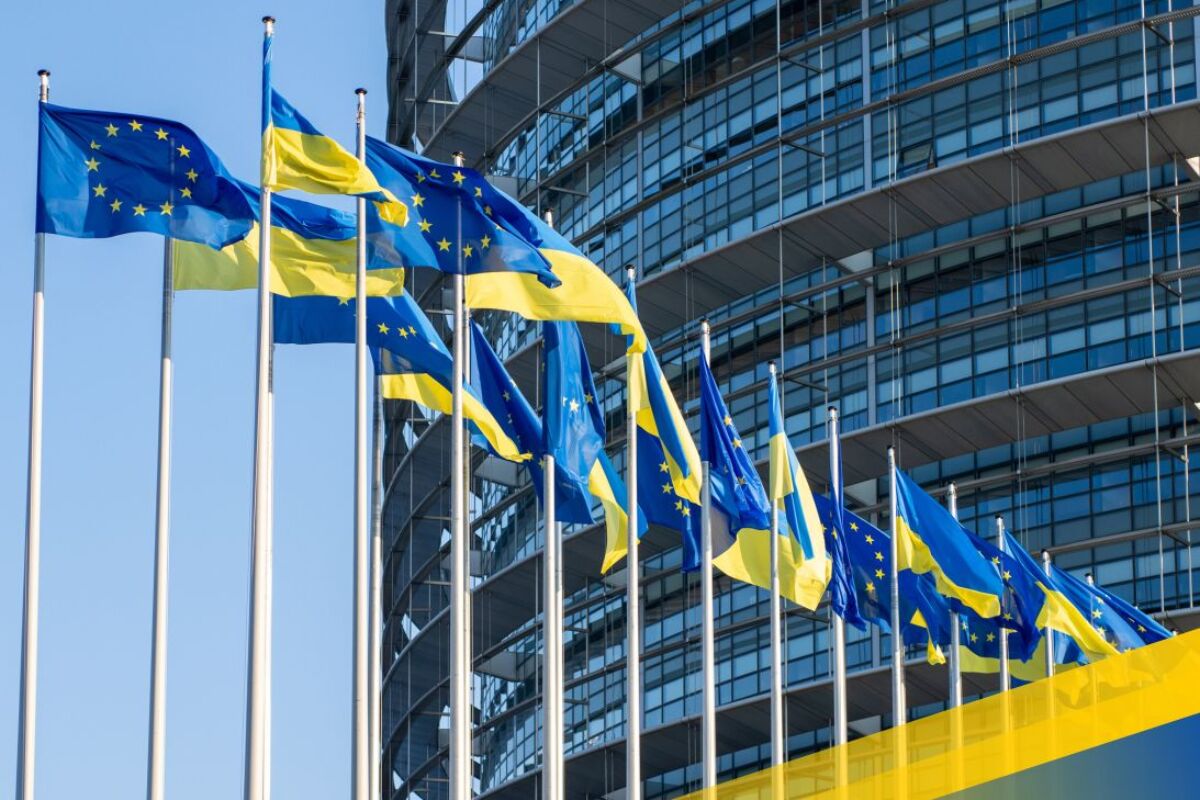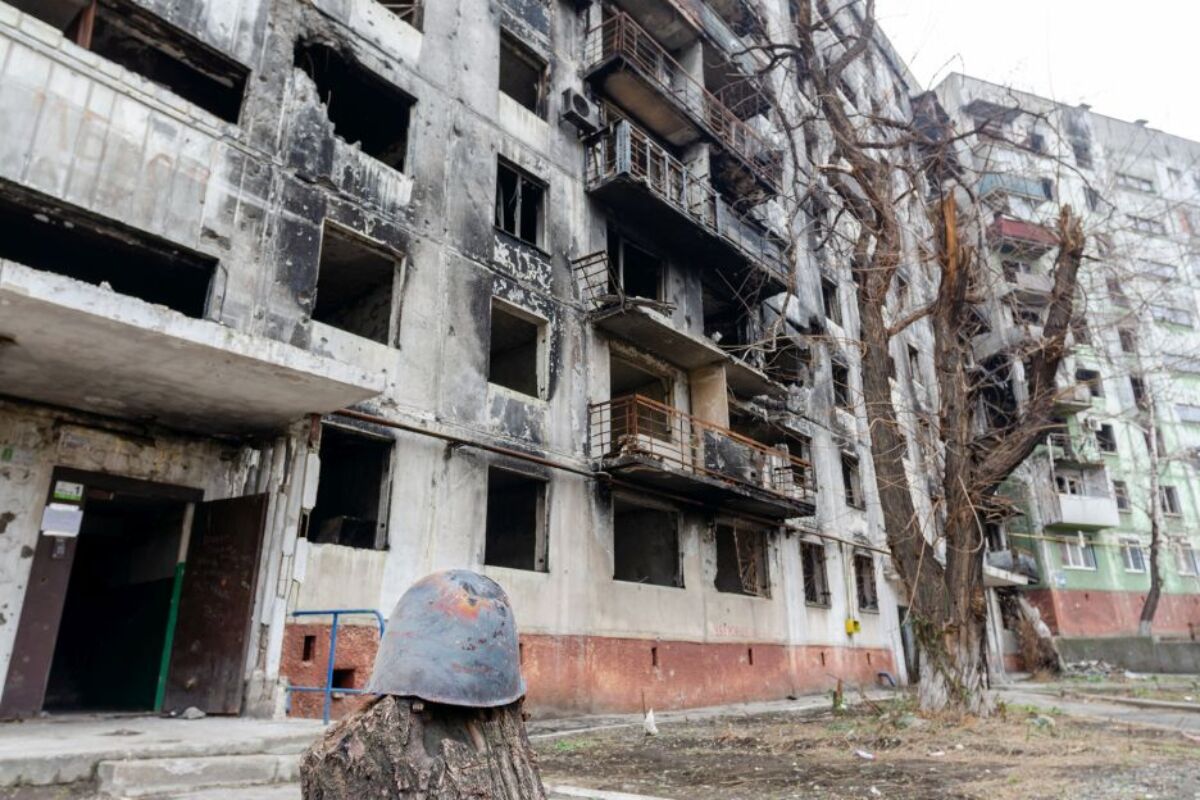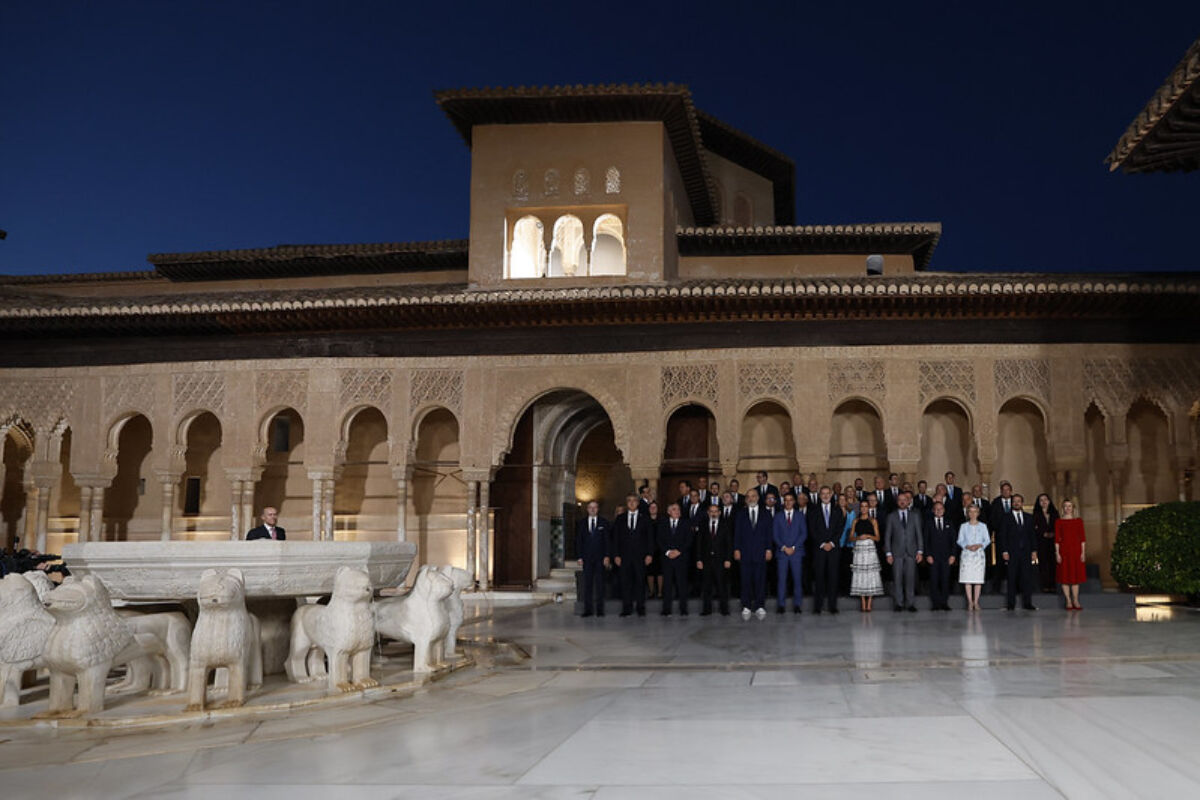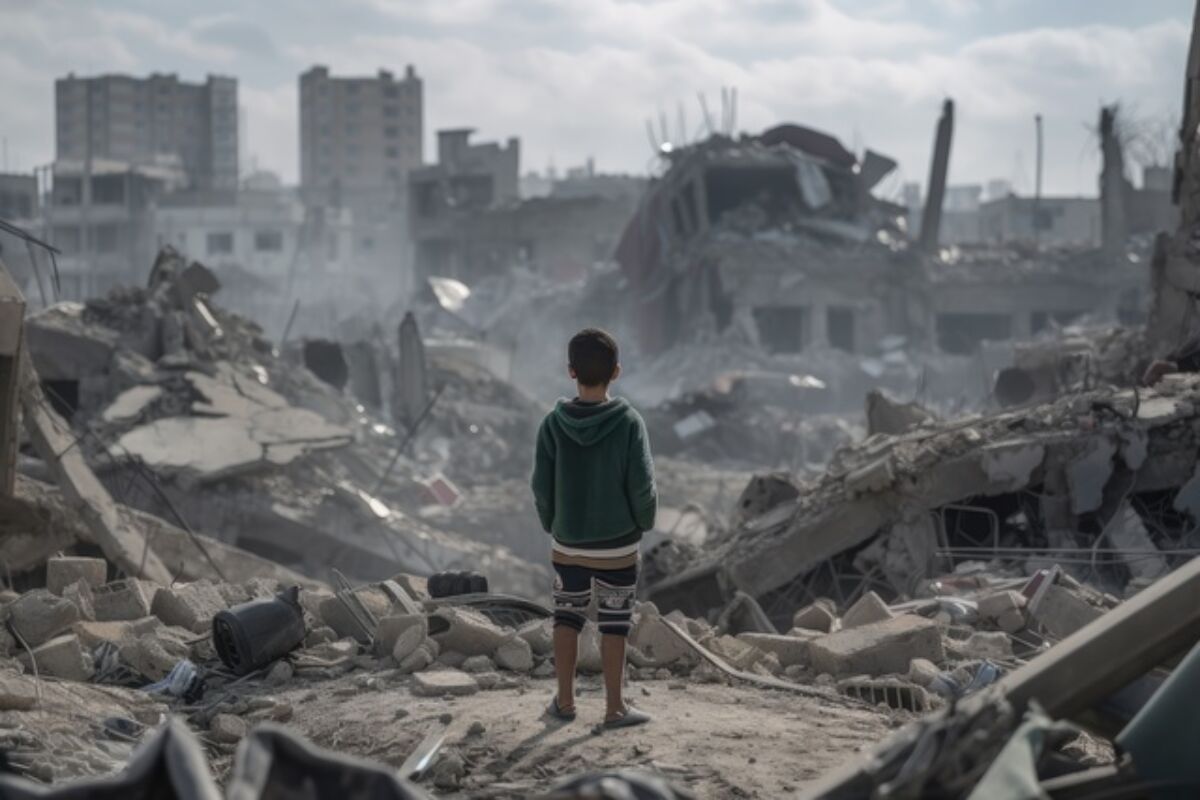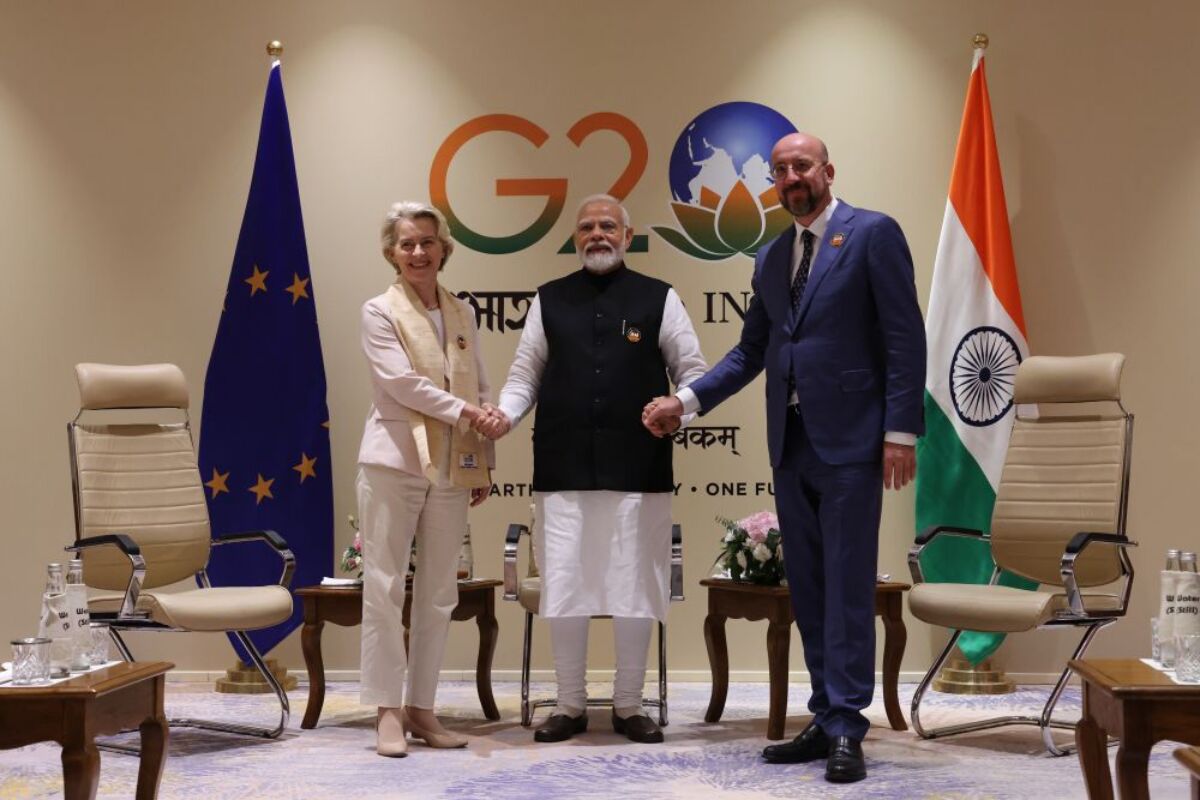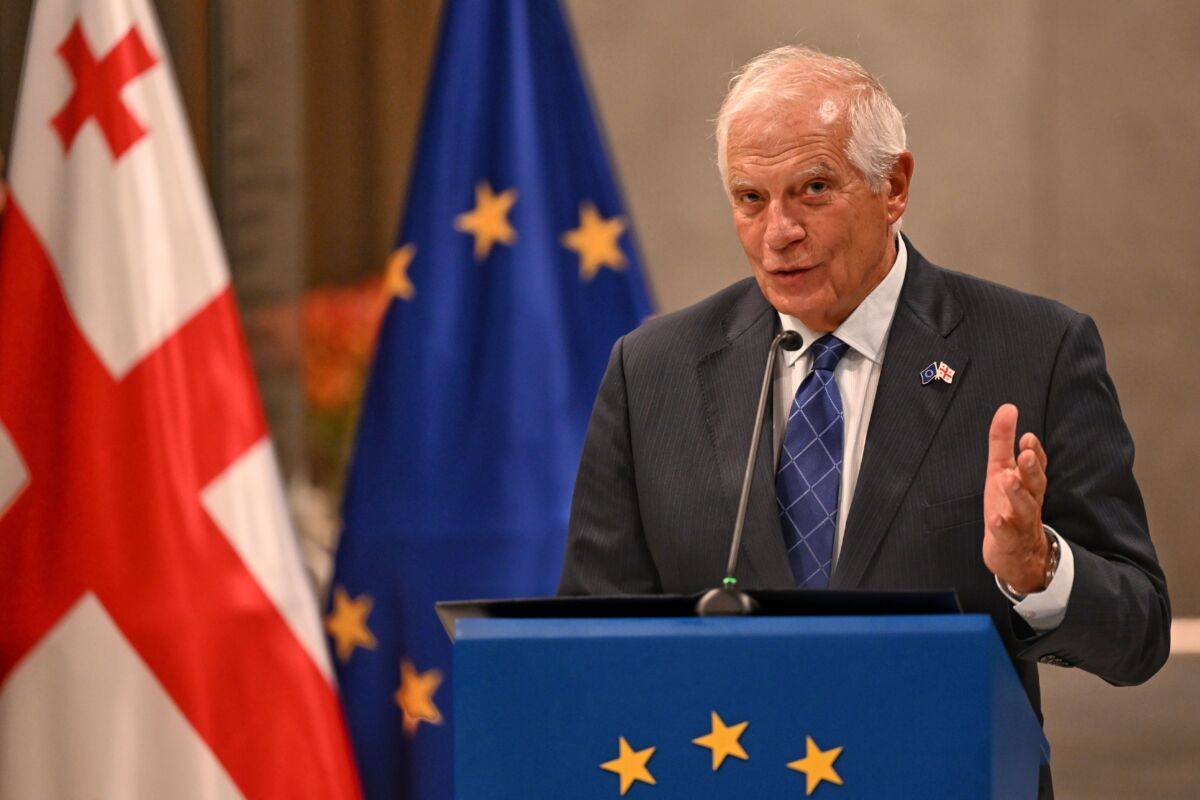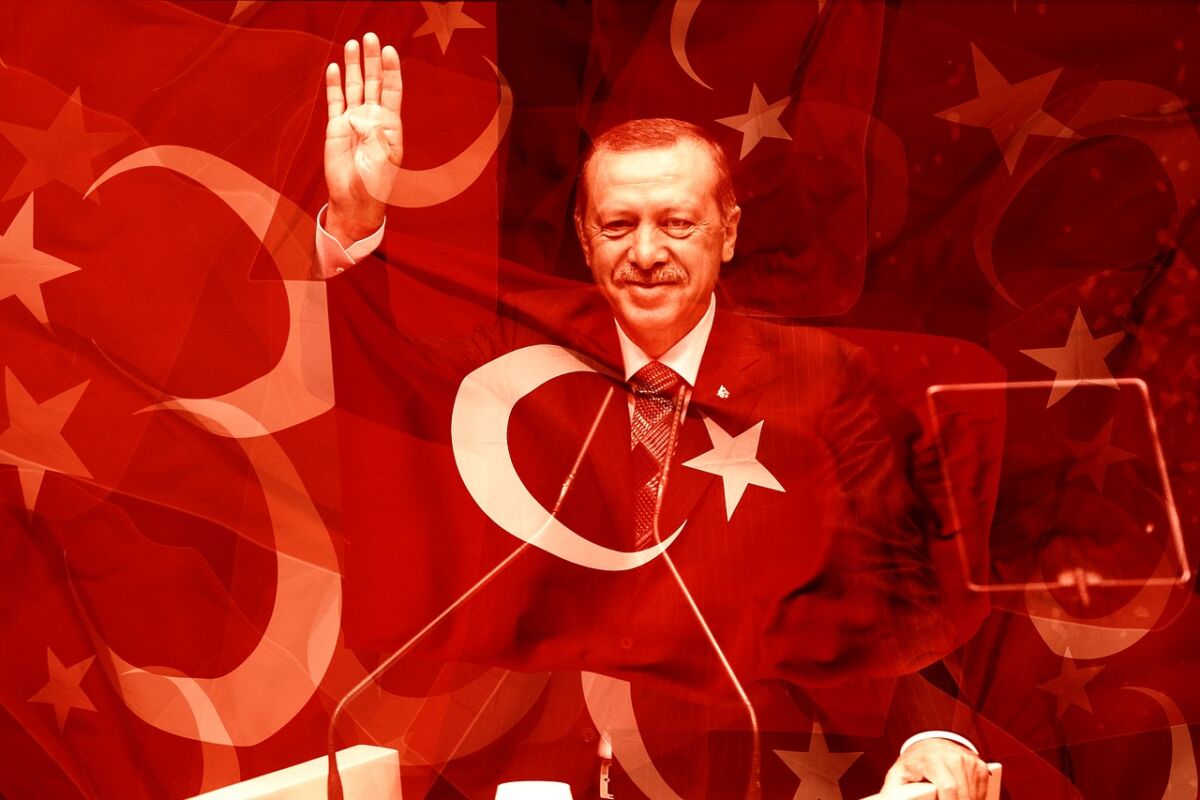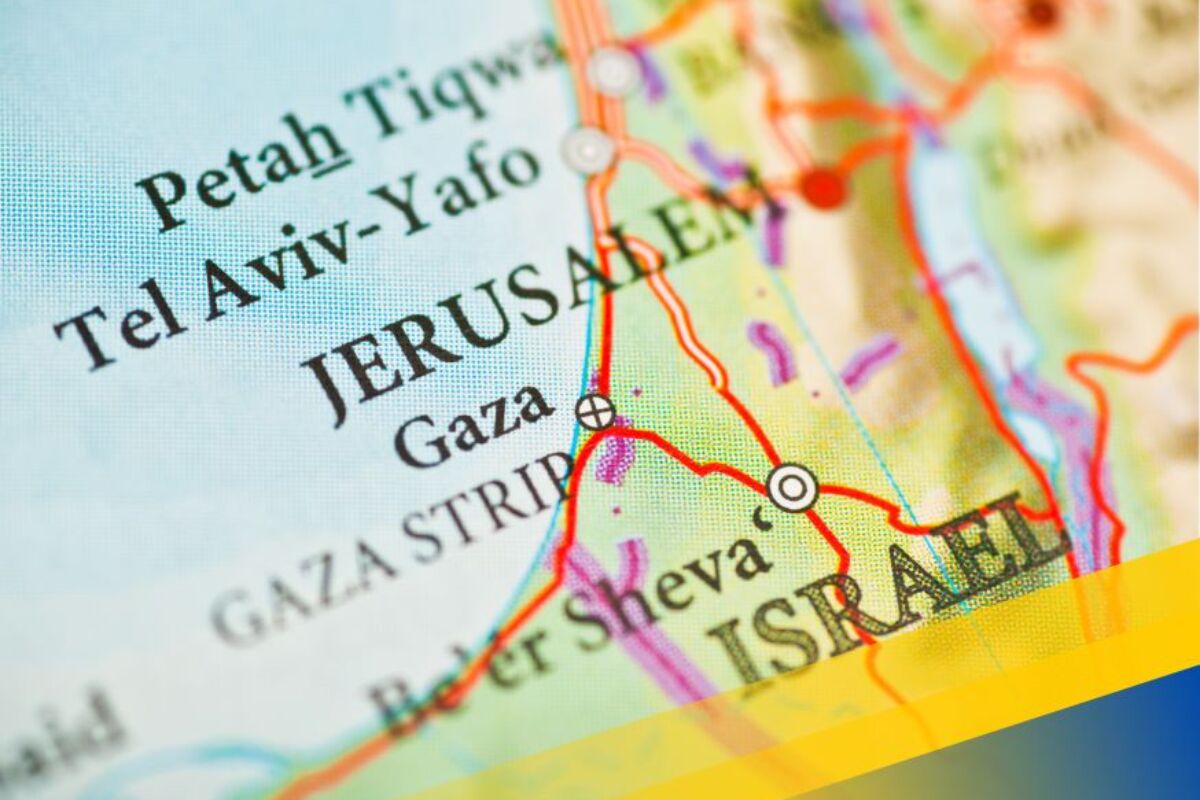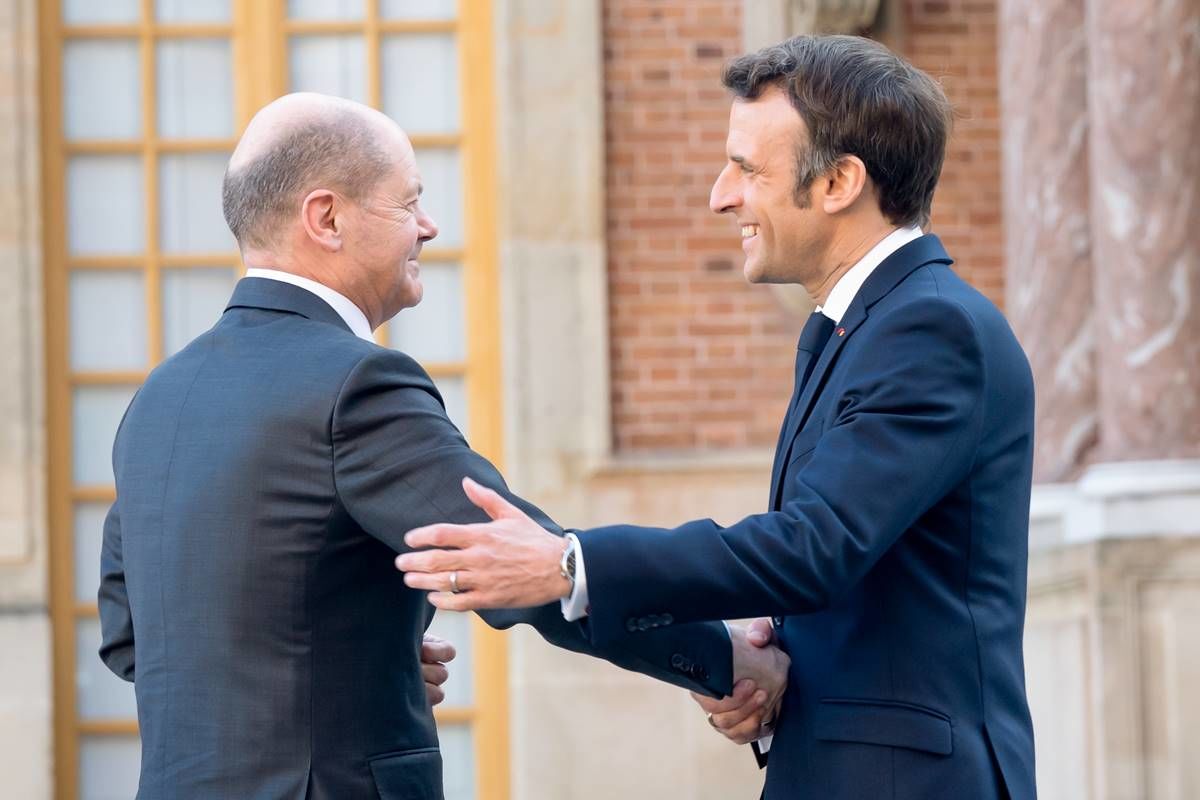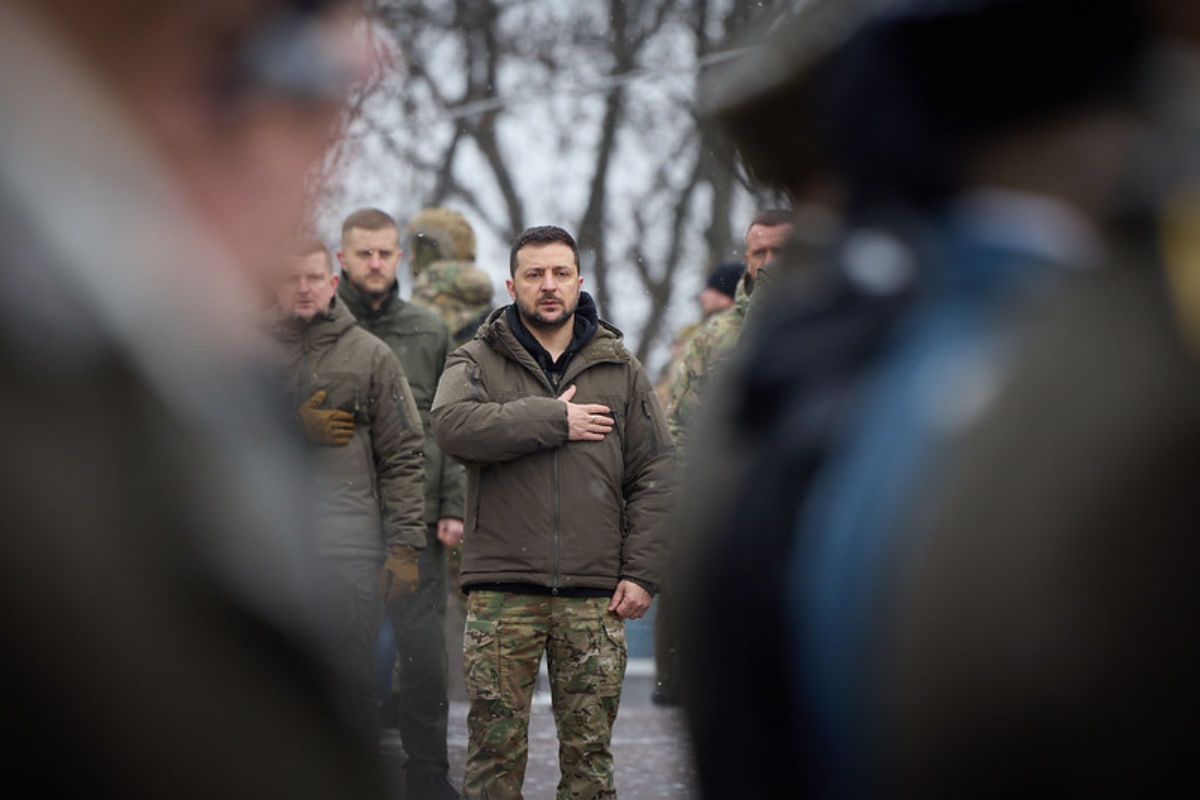On June 16, as Joe Biden was meeting with Vladimir Putin in Geneva, the European Commission and HRVP Josep Borrell released a Joint Communication on the future of EU-Russia relations. The Communication will serve as the basis for discussions among member states during the European Council meeting this week.
The Communication expresses a desire for a more stable and predictable relationship with Russia, something Biden has emphasised since his April phone call with Putin. In contrast with the U.S. president’s successful summit in Switzerland, however, the European document presents little in the way of strategic thinking that could substantively alter the dynamic of relations between Brussels and Moscow.
Borrell and Biden: A tale of contrasts
Biden is the first occupant of the White House in the post-Cold War era not to begin his tenure with an effort to reset his country’s relationship with Russia. Russo-American relations will remain adversarial and there is not sufficient trust to bring about a serious détente. However, when paired with his administration’s efforts to revive the Iran nuclear deal (JCPOA) and to withdraw from Afghanistan by September, Biden’s pledge to initiate a dialogue with Moscow on strategic stability and cyber issues represents a concrete and targeted effort to de-escalate tensions in Europe and in the greater Middle East in order to pivot towards confronting China.
Biden’s initiative is well primed for success due to its incorporation of three factors: (a) an understanding of where Moscow fits into Washington’s overall strategic priorities, (b) a realistic appraisal of what is and is not achievable, dropping false expectations that Moscow will either capitulate to the Western position or adhere to Western norms in the near future, and (c) a tightly focused policy agenda aimed at preventing further escalation of the U.S.-Russia rivalry. The EU’s Joint Communication demonstrates none of these features.
The Joint Communication does mention how existing EU strategies (industrial, trade, security union, cybersecurity) might play a role in strengthening the Union’s Russia policy. It fails, however, to outline how relations with Russia fit into the wider set of country-specific challenges that the EU faces in a shifting international order.
China is mentioned only in passing as a partner that helps Russia to “retain its global standing”. Turkey, for its part, is entirely omitted. Given the recent “positive dynamic” in EU-Turkey relations highlighted by the European Council, Borrell and the Commission presumably did not wish to paint Ankara and Moscow with a similar brush. Nonetheless, the European neighbourhood represents a key theatre in which the EU must develop its capacities as a geopolitical actor this decade. Situating Russia within a wider strategy for contending with a multipolar Europe would have been a useful endeavour.
Moreover, the document is explicitly aimed not at encouraging a change of course, but rather at “strengthen[ing] the implementation of the EU’s Russia policy”. Given the lack of collective political will to revise them, the five ‘guiding principles’ for EU-Russia relations have been merely repackaged into the three categories of “push back, constrain and engage”. And unlike the tightly focused Biden initiative, the ‘engage’ category features a laundry list of issues for continued or possible cooperation, in addition to distinctly European priorities such as reducing economic irritants and enhancing support to Russian civil society. Notably absent is any mention of strategic stability – including Europe’s conventional and nuclear security architecture – which featured front-and-centre in Biden’s recent meeting with Putin.
The fundamental contradiction of the Communication can be summarised by its invocation of Biden’s language – expressing a desire for more stable and predictable relations with Moscow –even as it openly acknowledges that “the EU needs to prepare for a further downturn of its relations with Russia as the most realistic outlook for the time being”. One wonders, therefore, whether it was even considered how the specific combination of outlined policy proposals are supposed to generate greater stability and predictability.
Engagement is a two-way street: ‘selective’ engagement according to European preferences is not a recipe for improving ties. A clear delineation of red lines could prove useful, but this also requires at least tacit consensus between the two sides. ‘Constraining’ and ‘pushing back’ against Russia may be warranted, but if this is not accompanied by a commensurate demonstration of restraint then it cannot serve as a basis for stabilising the relationship.
The limits of EU-Russia relations
Perhaps it is impossible for the EU to replicate the American effort. The Biden administration clearly considers the US-Russia rivalry to be of secondary importance when compared with the challenge that a rising China poses to American pre-eminence. By contrast, Russia is geographically situated right next to the EU. Moscow is always going to rank higher than Beijing among the security concerns of many EU member states, making it difficult to forge a strategy centred on de-escalating tensions with Russia in order to focus on China.
Moreover, discussions between Washington and Moscow on nuclear weapons and strategic stability serve to buttress the latter’s sense of great power status, which forms an important part of Russian national identity. EU-Russia relations, however, touch on another dimension of Russia’s identity: its status as a member of the European family of nations. The EU serves as a constant reminder of the exclusionary character of European integration, providing Moscow with an incentive to prioritise bilateral ties with individual European countries and downplay the importance of relations with the EU.
Grandiose post-Cold War visions of a ‘Greater Europe’ from Lisbon to Vladivostok may have slowed the descent of EU-Russia relations from mere political alienation to a full-blown adversarial dynamic since the onset of the Ukraine crisis. But this closeness that once acted as an inhibitor now sustains the normative, identity-related, and geopolitical logic of conflict between the EU and Russia. And while the emerging competition with China may play to EU strengths due to its concentration within the economic and technological realms, neighbouring Russia exposes areas of European weakness: military dependence on the US, differing security priorities, and divergent historical memories among member states. Rather than a substantive strategy, this leads to an EU approach rooted in the lowest common denominator.
The hypothetical scenario of EU-China relations eventually reaching a settled pattern of competition, even as EU-Russia relations remain unstable and unpredictable, raises questions concerning the shape of the emerging Eurasian security system and Europe’s place within it. These questions will only grow more germane as the US, engaged in a protracted great power rivalry of global scope, continues to press its European allies to adopt an ‘out-of-area’ focus. Any European Council deliberations and conclusions that fail to acknowledge the interconnected nature of the challenges facing the EU – and that do not demonstrate the will for decisive action to break with the status quo – would be a waste of time and resources.



